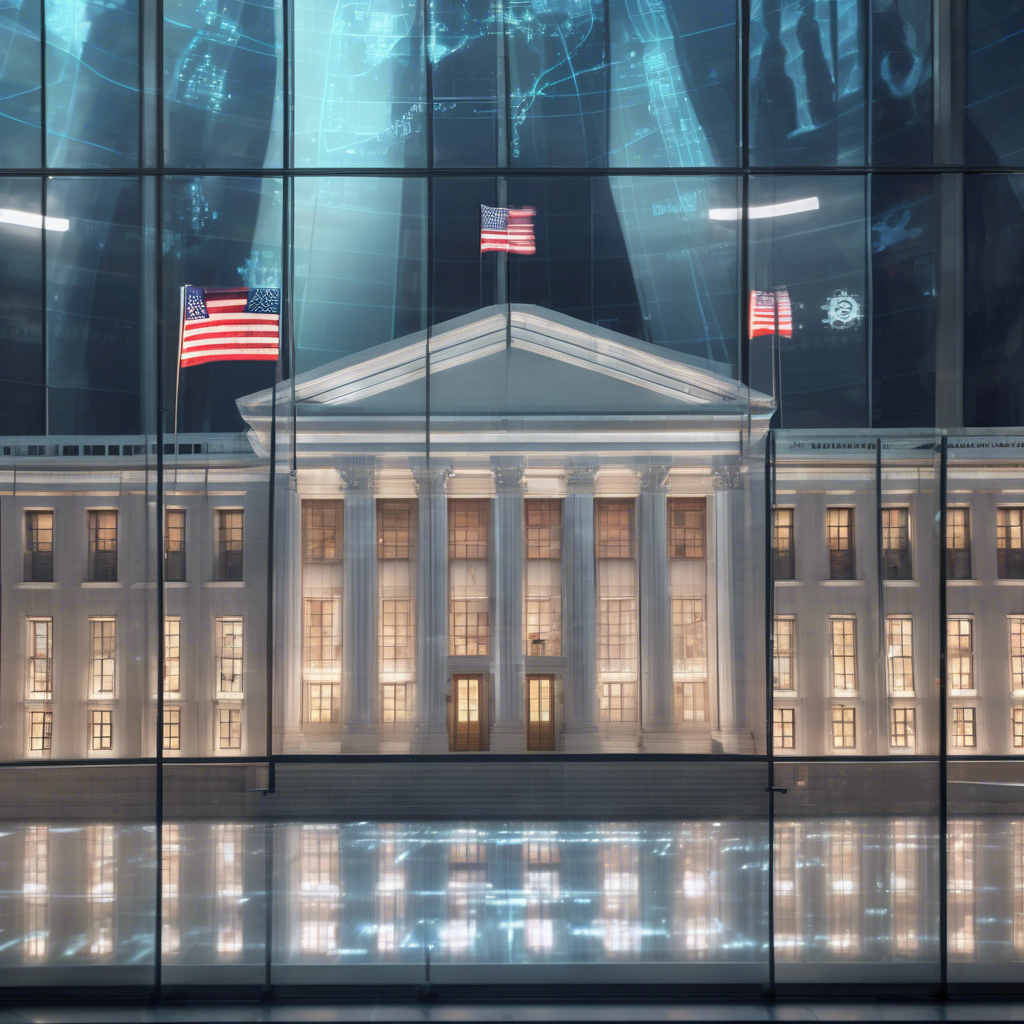The Impact of Artificial Intelligence on Junior Lawyers and the Legal Profession

The legal profession is experiencing a major transformation as artificial intelligence (AI) becomes increasingly integrated into daily operations. This shift raises significant questions and concerns about the future roles and compensation of junior lawyers, who have traditionally been the backbone of many law firms. Despite their critical contributions, often involving long hours and dedicated work, some leading firms like Slaughter and May have chosen to freeze junior lawyer salaries at £150, 000. This decision occurs even as these firms invest heavily in AI technologies aimed at improving legal services and efficiency. The historical relationship between technology and the legal field reflects a longstanding openness to innovation. From the early use of dictaphones that revolutionized note-taking to the introduction of foundational legal databases that transformed research methods, the legal sector has constantly evolved alongside technological progress. Today’s AI tools represent the next stage in this evolution, providing capabilities that significantly streamline and enhance legal work. These tools assist with tasks such as document review, due diligence, drafting routine legal documents, and supporting litigation predictions and regulatory filings. Some law firms have innovatively deployed AI to automate processes traditionally managed by junior lawyers, like sending out debt recovery letters. These automated communications occur at minimal cost, highlighting AI’s potential to lower operational expenses and boost efficiency. However, the introduction of AI does not eliminate the indispensable role of human lawyers. AI-generated reports and documents must undergo thorough human review, refinement, and ethical scrutiny to ensure accuracy and propriety.
Junior lawyers remain central to these essential quality control processes. Beyond their immediate contributions, junior lawyers are critical for law firm succession planning. Their presence ensures continuity and growth, serving as both a talent pipeline and a repository of institutional knowledge. Financially, the billings generated by junior lawyers substantially exceed their salaries, producing significant revenue that benefits their employers. This economic impact underscores their value within the firm structure. Furthermore, as AI proliferates across sectors, it creates complex legal challenges requiring human expertise. Issues such as ethical AI use, intellectual property rights related to AI-created content, privacy, and data security are increasingly prominent. As AI technologies advance and spread, the need for sophisticated legal frameworks and regulations grows. Developing these frameworks demands skilled legal professionals who understand both the technological intricacies and the societal implications involved. In conclusion, while AI is undeniably transforming legal work, it serves as a complement rather than a replacement for the human element in law firms. Junior lawyers continue to play a pivotal, evolving role, adapting to new technologies while ensuring legal services remain accurate, ethical, and responsive to emerging societal needs. AI integration offers the legal profession a chance to enhance capabilities, improve efficiency, and address new challenges — all while emphasizing the enduring importance of human judgment and professional expertise.
Brief news summary
The legal profession is rapidly evolving with AI integration, raising concerns about junior lawyers’ roles and salaries. Firms like Slaughter and May have frozen junior salaries at £150,000 while heavily investing in AI to improve efficiency. AI automates tasks such as document review, due diligence, drafting, and litigation support, overlapping some junior duties. Nonetheless, human oversight remains crucial to uphold ethical standards and accuracy. Juniors play key roles in quality control, succession planning, and preserving institutional knowledge, while also contributing revenue beyond their salaries. AI introduces complex ethical, intellectual property, privacy, and data security challenges, requiring skilled lawyers to establish appropriate frameworks. Ultimately, AI complements rather than replaces human lawyers, urging juniors to adapt and uphold the precision, ethics, and responsiveness vital to legal services. This underscores the enduring value of human judgment amid technological advances.
AI-powered Lead Generation in Social Media
and Search Engines
Let AI take control and automatically generate leads for you!

I'm your Content Manager, ready to handle your first test assignment
Learn how AI can help your business.
Let’s talk!
Hot news

GENIUS Act Advances in Senate, Stablecoin Legisla…
The Senate has closed debate on the bipartisan GENIUS Act ("Gearing Up for Emerging New Innovations with Unbiased Secure Stablecoins"), marking a key step toward establishing a comprehensive regulatory framework for stablecoins.

Amazon Loses an AWS Generative AI Boss as Tech Ta…
Amazon Web Services (AWS), a leader in cloud computing and AI, has undergone a significant leadership change with the departure of Vasi Philomin, a key vice president who was pivotal in advancing AWS’s generative AI efforts.

UAE Fund Invests $100 Million in Trump's World Li…
A United Arab Emirates-based investment fund, Aqua 1 Foundation, has made a major $100 million purchase of digital tokens issued by World Liberty Financial, a cryptocurrency venture affiliated with the family of U.S. President Donald Trump.

Olympics Have Big AI Plans
The International Olympic Committee (IOC) plans to implement advanced artificial intelligence (AI) technologies in forthcoming Olympic Games to improve operational efficiency and viewer experience.

Meta's 'Zuck Bucks' Shake Up AI Race
Meta, led by CEO Mark Zuckerberg, is making a determined push to reestablish itself as a dominant player in artificial intelligence (AI), with a particular focus on achieving Artificial Superintelligence (ASI)—AI surpassing human intelligence across all domains.

Ethereum 2.0 Upgrade: What It Means for the Futur…
Ethereum, a leading blockchain platform, is set for a major transformation with Ethereum 2.0, transitioning from its current proof-of-work (PoW) consensus to a more advanced proof-of-stake (PoS) model.

Congress Advances Key Crypto and Stablecoin Legis…
Recent legislative advances mark a significant step toward regulating digital currencies in the United States, notably with the Senate’s progression of the GENIUS Act and the House Financial Services and Agriculture Committees’ markup of the CLARITY Act.

 Auto-Filling SEO Website as a Gift
Auto-Filling SEO Website as a Gift








 Auto-Filling SEO Website as a Gift
Auto-Filling SEO Website as a Gift

